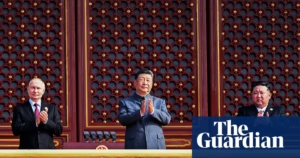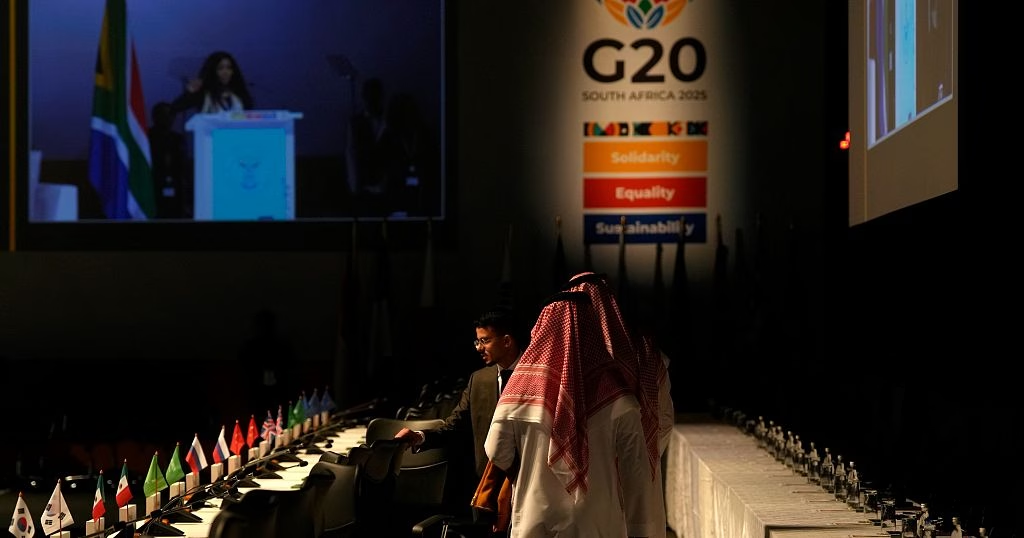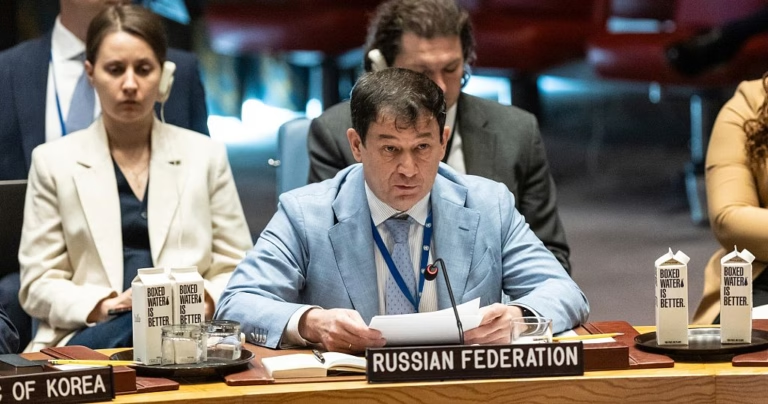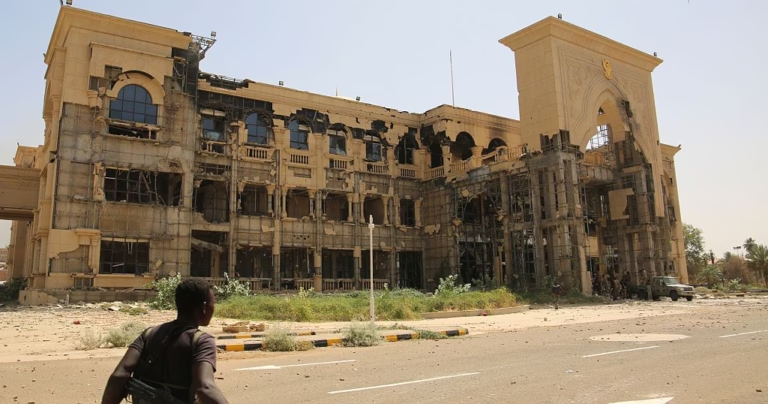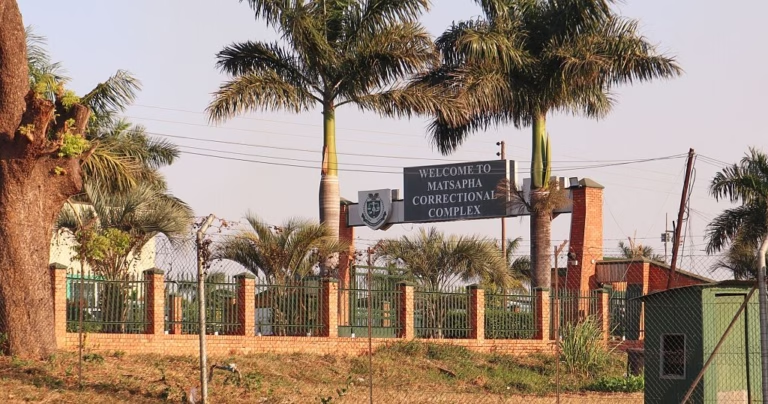
The current South African G20 presidency is spearheading the initiative to alleviate debt pressures and enhance financial support for developing countries.
“The South African presidency prioritizes reinforcing the function of the G20, achieving tangible outcomes, promoting a more stable and effective international financial infrastructure, improving debt sustainability, tackling liquidity issues, and fortifying multilateral development banks and securing funding for development”, stated Duncan Pieterse, Director-General of South Africa’s National Treasury.
African nations are advocating for reform.
The high cost of borrowing remains a barrier to investment, stifling public expenditure on essential sectors like health, education, and infrastructure.
The meeting’s agenda also includes examining “the reasons behind debt”, according to Rashas Cassim, Deputy Governor of the South African Reserve Bank.
Developing countries contend that the present financial framework is partly responsible for ongoing disparities.
“This international financial structure is at the root of the current debt crisis, the poverty affecting the developing world, and many of the economic struggles faced by the rest of the Global South”, asserted Redge Nkosi, executive director at the Firstsource Money think-tank.
African nations expect these reforms to assist in achieving sustainable development objectives.
The G20 Finance Ministers and Central Bank Governors are scheduled to meet in Durban on Thursday and Friday to further these discussions.
However, international differences could make any advancements challenging to realize.
United States Treasury Secretary Scott Bessent will not attend the upcoming meeting, amid growing tensions between the United States and the BRICS nations.
